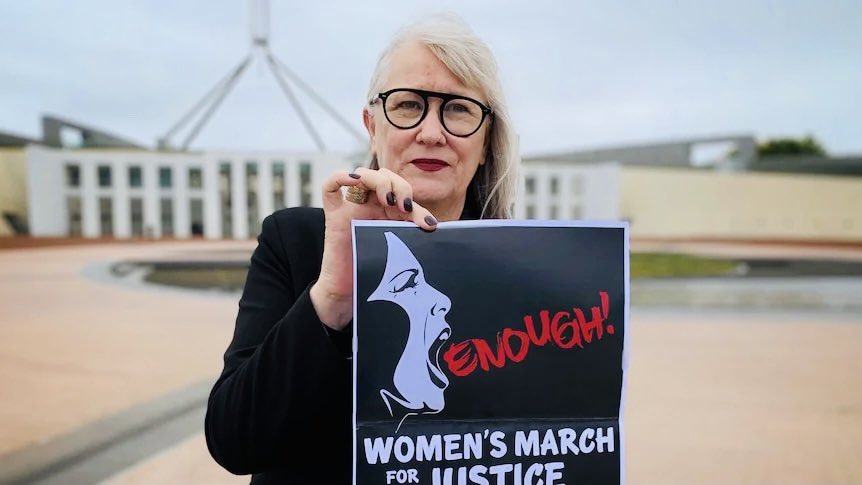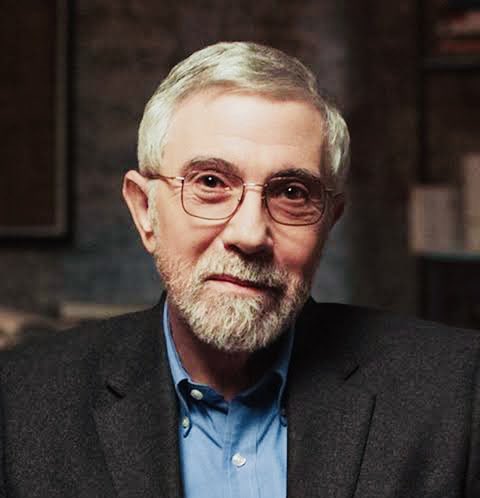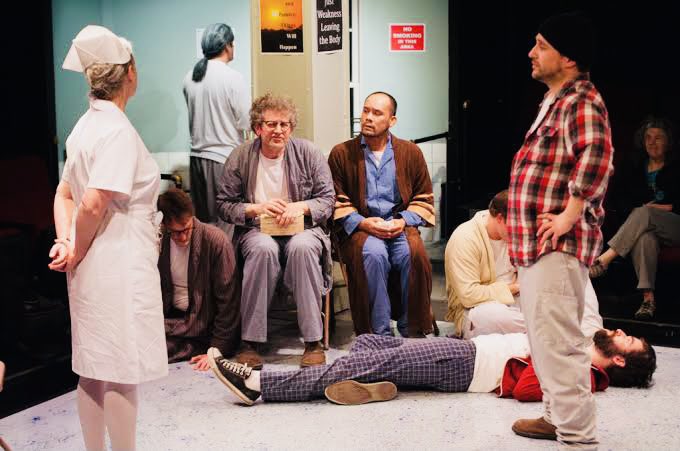
“Why are people so uncomfortable in their own skins that they need to escape themselves, even at the risk of self-harm? What engenders such unbearable pain in human beings that they would knowingly risk their very lives to escape it? #HealingTrauma 

“We need to talk about what drives people to take drugs,” the famed trauma psychiatrist Bessel van der Kolk has said, pointing out that there is almost a direct correlation between childhood trauma and addiction.
“People that feel good about themselves don’t do things that endanger their bodies… Traumatized people feel agitated, restless, tight in chest. You hate the way you feel. They take drugs in order to stabilize their bodies.”
“I’m not going to ask you what you were addicted to,” I often say to people, “nor when, nor for how long. Only –whatever your addiction – what did you like about it? What, in the short term, did it give you that you craved so much?”
Universally, the answers are: “It helped me escape emotional pain… it numbed me… helped me deal with stress… gave me peace of mind… a sense of connection with others… a sense of control.” 

Such responses illuminate that addiction is neither a choice nor primarily a disease, genetic or acquired. It originates in a person’s attempt to solve genuine human problems: those of emotional loss, of overwhelming stress, of lost connection.
Hence my mantra: the first question is not, “Why the addiction?” but “Why the pain?” In my 12 years of work in Vancouver’s Downtown Eastside, the answer could not have been more stark. Every single one of my female patients had suffered sexual abuse as a child. @janine_hendry 

None of my patients – male or female – had been spared major trauma of some kind. Not all addictions stem from such severe hurt, but all are rooted in sorrow, helplessness, and alienation.
Even most harmful addictions serve a vital adaptive function for dislocated individuals,” Bruce Alexander writes in his seminal work, The Globalization of Addiction: A Study in the Poverty of the Spirit. “Only chronically, severely dislocated people are vulnerable to addiction.” 

By dislocation he means “an enduring lack of psychosocial integration.” Whether we call it dislocation or trauma, there is no effective way of addressing addiction without addressing its fundamental origins.
As a society we are far from embracing this inescapable truth, in face of all the scientific, narrative and epidemiological evidence for it.
Forty years ago, I graduated from medical school at the University of British Columbia without ever, in four years, hearing a single mention of psychological trauma and its impact on human health and development.
Disturbingly, nor do most medical students even today, despite the voluminous and persuasive research linking trauma to mental and physical illness and addiction. 

“What the data look like is a society gripped by despair, with a surge of unhealthy behaviours and an epidemic of drugs,” the Nobel Prize winning economist Paul Krugman wrote in The New York Times back in 2015. The situation has only grown more dire since then. 

How are we to address the manifestations of despair without addressing the despair itself? How are health practitioners to help people when they themselves remain ignorant – by training! – of the source of the problems their patients present with,
when academia / major treatment institutions have yet to absorb the new knowledge? How, in the absence of awareness is the legal system to address addiction? How is the political system to confront it rationally? How, in the end, can society cope with an epidemic it misperceives? 

The circumstances that promote despair – and therefore, addiction – are with each decade, more and more entrenched in the global industrialized world:
more stress, more economic insecurity, more inequality, more fear, more anxiety among youth, more isolation and loneliness.
more stress, more economic insecurity, more inequality, more fear, more anxiety among youth, more isolation and loneliness.

If there is any positive glimmer in the current opioid crisis, it is the possibility of change. We are being forced to re-examine our assumptions. Harm-reduction practices, such as supervised drug-use sites are now being implemented across the country.
Two of our national parties are at least discussing ending the insanity of the so-called War on Drugs (really a war on traumatized people), of adopting the realism and humanism of a country such as Portugal, 

where the possession of substances for personal use has been decriminalized, with remarkable results. Beyond legal questions, heartening possibilities for healing arise from a broader understanding of addiction and from an appreciation of its sources in human suffering.
Required for treatment is a multilevel approach that accepts people as they are, in which compassion replaces stigmatization and rehabilitation supplants punishment.” - Trauma and Addiction Expert @DrGaborMate 

• • •
Missing some Tweet in this thread? You can try to
force a refresh












